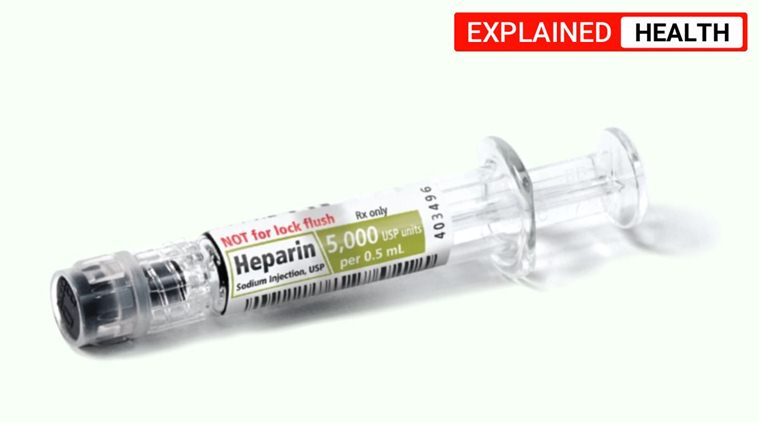

Table 1 displays three ranges of expected maintenance COUMADIN doses observed in subgroups of patients having different combinations of CYP2C9 and VKORC1 gene variants. ĭosing Recommendations with Consideration of Genotype In general, anticoagulant therapy should be continued until the danger of thrombosis and embolism has passed. Individualize the duration of therapy for each patient. Routine use of loading doses is not recommended as this practice may increase hemorrhagic and other complications and does not offer more rapid protection against clot formation. Consider lower initial and maintenance doses for elderly and/or debilitated patients and in Asian patients.


Modify this dose based on consideration of patient-specific clinical factors. Select the initial dose based on the expected maintenance dose, taking into account the above factors. Genetic factors (CYP2C9 and VKORC1 genotypes).Clinical factors including age, race, body weight, sex, concomitant medications, and comorbidities.Not all factors responsible for warfarin dose variability are known, and the initial dose is influenced by: The appropriate initial dosing of COUMADIN varies widely for different patients. For patients with AF and prosthetic heart valves, long-term anticoagulation with warfarin is recommended the target INR may be increased and aspirin added depending on valve type and position, and on patient factors.For patients with AF and mitral stenosis, long-term anticoagulation with warfarin is recommended.In patients with non-valvular AF that is persistent or paroxysmal and at an intermediate risk of ischemic stroke (i.e., having 1 of the following risk factors: age greater than 75 years, moderately or severely impaired left ventricular systolic function and/or heart failure, history of hypertension, or diabetes mellitus), long-term anticoagulation with warfarin is recommended.In patients with non-valvular AF that is persistent or paroxysmal and at high risk of stroke (i.e., having any of the following features: prior ischemic stroke, transient ischemic attack, or systemic embolism, or 2 of the following risk factors: age greater than 75 years, moderately or severely impaired left ventricular systolic function and/or heart failure, history of hypertension, or diabetes mellitus), long-term anticoagulation with warfarin is recommended.In patients with non-valvular AF, anticoagulate with warfarin to target INR of 2.5 (range, 2.0-3.0).


 0 kommentar(er)
0 kommentar(er)
